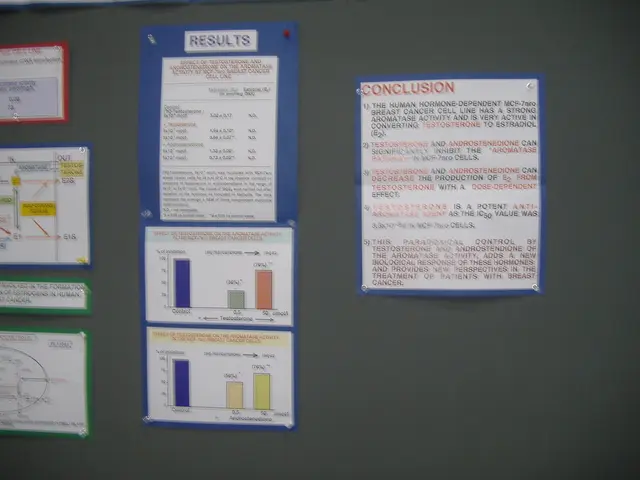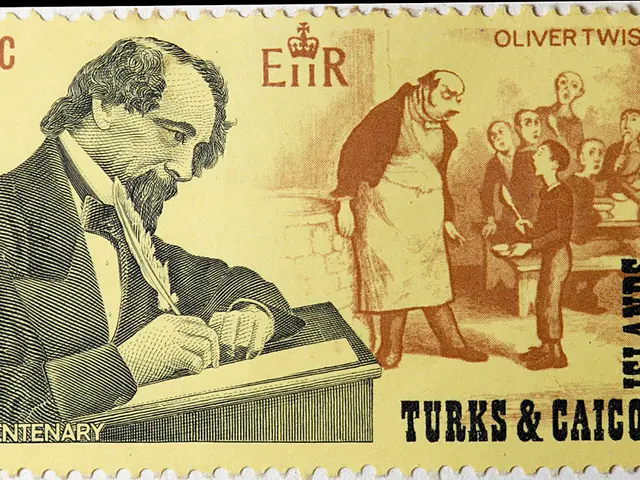Expanding Protein-Based Fat Substitutes Market Forecast to Exceed USD 1695.6 Million by 2034
The global market for protein-based fat replacers is set to experience significant growth in the coming years, driven by consumer health awareness and advancements in plant-based proteins and processing.
Currently, protein-based fat replacers are widely used in various sectors of the food industry, including dairy, bakery, meat, sauces, beverages, snacks, and vegan products. Their popularity stems from their ability to maintain the texture and taste of traditional products while reducing fat content.
In 2025, Europe emerged as the leading region in the protein-based fat replacers market, commanding a substantial 43.1% share. The European market is valued at USD 344.8 million in 2025. Notably, the food and beverage sector dominated the market in 2024, accounting for a 65.5% share.
Key players in the market include ADM (Archer Daniels Midland), which launched NutriFlex, a plant-protein blend for fat replacement in snacks and baked goods. AAK AB introduced Coconut-Based Protein Fat Replacers under its AkoPlanet line, targeting plant-based meats and desserts. DSM (Firmenich) developed Preferenz, a flavor-masking protein for low-fat products. Cargill has also expanded its plant-based protein portfolio with innovations in pea and wheat protein-based fat replacers.
Associated British Foods plc (ABF) introduced yeast-based protein fat replacers for bakery products, aligning with the growing trend towards clean-label and sustainability in the food industry.
Looking ahead, the market for protein-based fat replacers is projected to reach around USD 1695.6 Million by 2034. While specific CAGR and precise growth projections for the Global Protein-Based Fat Replacers Market from 2025 to 2034 are not explicitly detailed, it can be reasonably inferred that the market aligns with or slightly lags behind the broader alternative protein and fat substitute segments, suggesting a CAGR in the range of approximately 5-7% during this period.
In addition, the Alternative Protein Ingredients Market, which overlaps significantly with protein-based fat replacers, is expected to grow substantially from USD 26.24 billion in 2025 to USD 86.70 billion by 2034. The Oil and Fat Substitutes Market, closely related to fat replacers including protein-based ones, has a CAGR of about 6.1% between 2024 and 2031. The Soy Protein Market—a key source of protein for fat replacers—is forecasted to grow at a CAGR around 5.5-5.7% during 2024-2029.
In the commodities market, on April 3, 2025, June Live Cattle Futures dropped 1% to 205.2 cents/lb on the CME. On the same day, June Lean Hog Futures fell 1% to 95.65 cents/lb on the Chicago Mercantile Exchange (CME). Meanwhile, May soybean futures fell 2% to USD 10.10/bushel on the CBOT. In Brazil, soybean meal futures rose 2.5% to USD 295/mt on April 3, 2025.
The use of protein-based fat replacers in low-fat cheeses, yogurts, and ice creams maintains smoothness while reducing fat content, making them a popular choice for health-conscious consumers. As awareness about the benefits of protein-based fat replacers continues to grow, it is expected that the market will continue to expand in the coming years.
Finance and business sectors are expected to see an increase in investment in the protein-based fat replacers market, with the market projected to reach USD 1695.6 Million by 2034, according to forecasts. This growth aligns with the growing awareness and demand for plant-based proteins and food products in the lifestyle sector.
In the food-and-drink industry, science and technology innovations, such as yeast-based protein fat replacers by Associated British Foods plc (ABF), are playing a significant role in the development of clean-label and sustainable products, appealing to health-conscious consumers.




